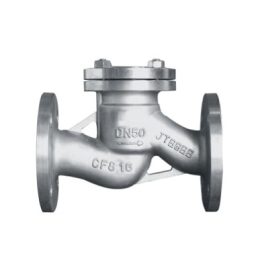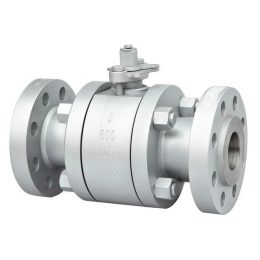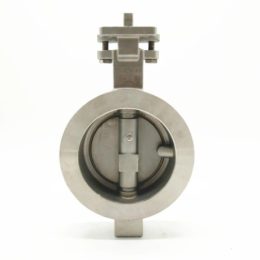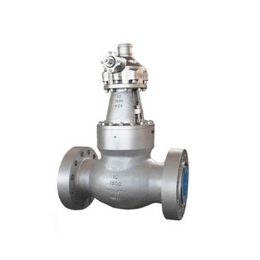Choosing Reliable Gate Valves: Types & Applications
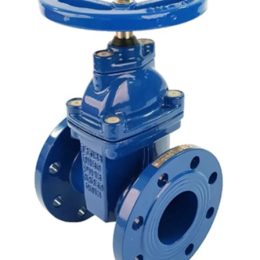
Gate valves are a type of flow control device that are commonly used in various industries. They are designed to regulate the flow of fluids by opening or closing a gate or wedge that moves perpendicular to the flow of the fluid. Choosing a reliable gate valve is crucial to ensure smooth operation and prevent any safety hazards. In this article, we will discuss the types and applications of gate valves, as well as the factors to consider when choosing the right valve for your needs.
Types of Gate Valves
There are several types of gate valves, including rising stem, non-rising stem, wedge, and slab gate valves. Rising stem valves are the most common type, where the stem rises and falls as the gate moves up and down. Non-rising stem valves, on the other hand, have a fixed stem and the gate moves up and down within the valve body. Wedge gate valves are designed with a wedge-shaped gate that fits tightly between two seats to provide a tight seal. Slab gate valves, on the other hand, have a flat gate that moves horizontally to open and close the valve.
Applications of Gate Valves
Gate valves are commonly used in a variety of industries, such as oil and gas, wastewater treatment, power generation, and chemical processing. They are ideal for applications where a full flow with minimal pressure drop is required, such as in pipelines, tanks, and other fluid systems. Gate valves are also commonly used in isolation and control applications, where the valve needs to be fully opened or closed to control the flow of fluid.
Factors to Consider when Choosing Gate Valves
When choosing a gate valve, there are several factors to consider, such as the size, material, pressure rating, temperature rating, and the type of fluid being used. It is also important to consider the end connections, as the valve needs to be compatible with the piping system. Other factors to consider include the valve operation, maintenance requirements, and the reputation of the manufacturer.
Common Problems with Gate Valves and How to Solve them
One common problem with gate valves is leakage, which can be caused by the valve not closing fully, damaged seats or seals, or other mechanical issues. To solve this problem, it is important to properly maintain and lubricate the valve, and to inspect and replace any damaged parts. Another common problem is corrosion, which can be caused by the type of fluid being used or environmental factors. To prevent corrosion, it is important to choose a valve made of the appropriate material for the specific application.
In conclusion, choosing a reliable gate valve is crucial for smooth operation and safety in various industries. There are several types of gate valves to choose from, each with its own unique characteristics and applications. When choosing a gate valve, it is important to consider several factors, such as the size, material, pressure and temperature rating, and the type of fluid being used. By considering these factors and properly maintaining the valve, you can ensure reliable and safe operation of your fluid system.
